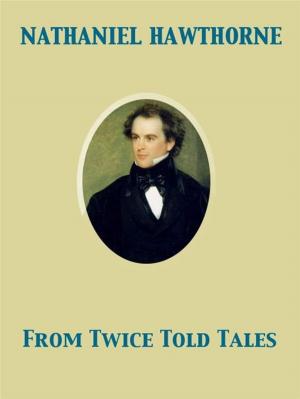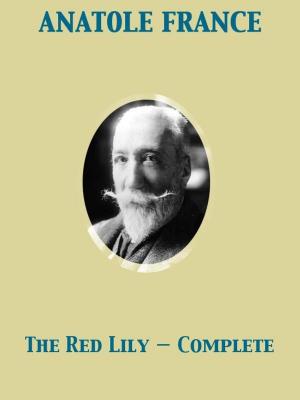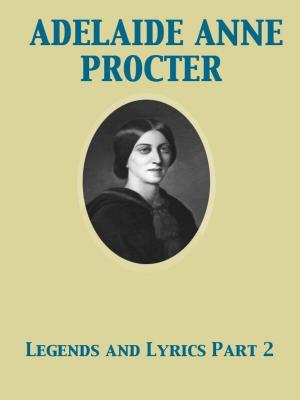| Author: | Sydney George Fisher | ISBN: | 9782819945246 |
| Publisher: | Release Date: November 27, 2011 | Publication: | November 27, 2011 |
| Imprint: | pubOne.info | Language: | English |
| Author: | Sydney George Fisher |
| ISBN: | 9782819945246 |
| Publisher: | Release Date: November 27, 2011 |
| Publication: | November 27, 2011 |
| Imprint: | pubOne.info |
| Language: | English |
In 1661, the year after Charles II was restored to the throne of England, William Penn was a seventeen-year-old student at Christ Church, Oxford. His father, a distinguished admiral in high favor at Court, had abandoned his erstwhile friends and had aided in restoring King Charlie to his own again. Young William was associating with the sons of the aristocracy and was receiving an education which would fit him to obtain preferment at Court. But there was a serious vein in him, and while at a high church Oxford College he was surreptitiously attending the meetings and listening to the preaching of the despised and outlawed Quakers. There he first began to hear of the plans of a group of Quakers to found colonies on the Delaware in America. Forty years afterwards he wrote, “I had an opening of joy as to these parts in the year 1661 at Oxford. ” And with America and the Quakers, in spite of a brief youthful experience as a soldier and a courtier, William Penn's life, as well as his fame, is indissolubly linked.
In 1661, the year after Charles II was restored to the throne of England, William Penn was a seventeen-year-old student at Christ Church, Oxford. His father, a distinguished admiral in high favor at Court, had abandoned his erstwhile friends and had aided in restoring King Charlie to his own again. Young William was associating with the sons of the aristocracy and was receiving an education which would fit him to obtain preferment at Court. But there was a serious vein in him, and while at a high church Oxford College he was surreptitiously attending the meetings and listening to the preaching of the despised and outlawed Quakers. There he first began to hear of the plans of a group of Quakers to found colonies on the Delaware in America. Forty years afterwards he wrote, “I had an opening of joy as to these parts in the year 1661 at Oxford. ” And with America and the Quakers, in spite of a brief youthful experience as a soldier and a courtier, William Penn's life, as well as his fame, is indissolubly linked.















